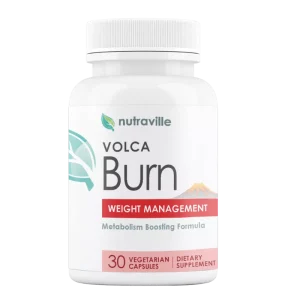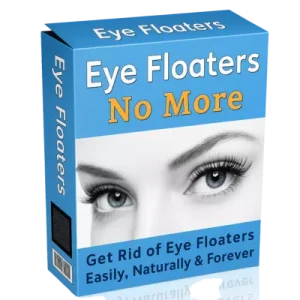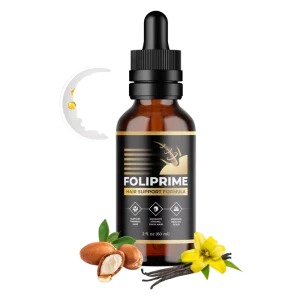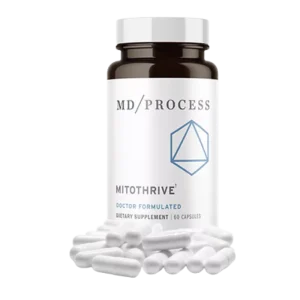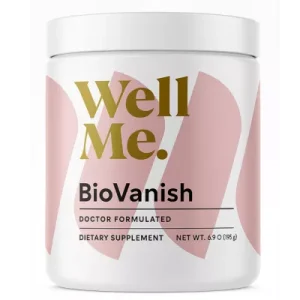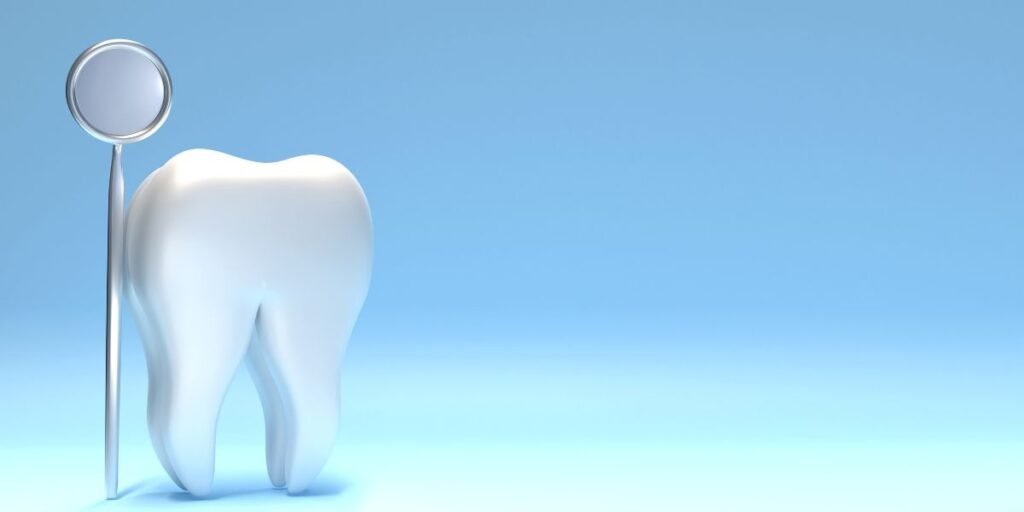
Maintaining optimal oral health at home is crucial for your overall well-being. By incorporating simple yet effective habits into your daily routine, you can significantly improve the health of your teeth and gums. From brushing techniques to selecting the right oral care products, every step plays a vital role in ensuring a healthy smile. However, there is one key aspect that often gets overlooked but is equally important in maintaining oral health.
Importance of Daily Oral Hygiene
To maintain optimal oral health, you must prioritize daily oral hygiene practices. By consistently caring for your teeth and gums, you can prevent the buildup of plaque and bacteria that lead to various dental issues.
Brushing your teeth at least twice a day with fluoride toothpaste is essential in removing food particles and bacteria that can cause cavities and gum disease. Flossing daily helps to clean areas between your teeth where your toothbrush can’t reach, reducing the risk of gum inflammation and decay.
Additionally, using mouthwash can further enhance your oral hygiene routine by killing bacteria and freshening your breath. Regular dental check-ups are crucial for detecting any early signs of dental problems and ensuring your oral health is in top condition.
Remember to maintain a balanced diet low in sugary and acidic foods, as these can contribute to tooth decay. By incorporating these daily habits into your routine, you can promote a healthy smile and prevent common dental issues.
Proper Brushing Techniques
For optimal oral health, ensure you brush your teeth using proper techniques. To begin, choose a soft-bristled toothbrush and fluoride toothpaste. Place the toothbrush at a 45-degree angle to your gums, using gentle circular motions to clean the front, back, and chewing surfaces of your teeth. Avoid scrubbing too vigorously, as this can damage the enamel and irritate your gums. Remember to brush for a full two minutes, ensuring that you reach all areas of your mouth, including the often-overlooked back teeth and the gum line.
It’s important to replace your toothbrush every three to four months or sooner if the bristles are frayed. Additionally, be mindful of your brushing technique. Brushing too hard or using a hard-bristled brush can harm your teeth and gums. If you’re unsure about your brushing technique, ask your dentist or dental hygienist for guidance during your next visit. By following these proper brushing techniques, you can maintain good oral health and prevent issues like cavities and gum disease.
The Role of Flossing
Ensure you floss daily to remove plaque and food particles from between your teeth, promoting optimal oral health. Flossing is a crucial part of your oral hygiene routine as it helps reach areas that your toothbrush can’t. By flossing, you effectively remove debris that can lead to plaque buildup, cavities, and gum disease. Proper flossing technique involves gently sliding the floss between each tooth and along the gum line, making a C-shape around each tooth to clean it thoroughly.
Neglecting to floss can leave up to 40% of your tooth surfaces untouched, allowing bacteria to thrive and potentially causing dental issues. Regular flossing not only contributes to better oral health but also helps prevent bad breath by eliminating trapped food particles. Remember, flossing should be done gently to avoid damaging your gums.
Make flossing a daily habit to keep your smile bright and your mouth healthy.
Choosing the Right Oral Care Products
When selecting oral care products, prioritize those approved by dental professionals for optimal effectiveness in maintaining your oral health. Look for toothpaste containing fluoride, which helps prevent cavities and strengthens tooth enamel. Fluoride mouthwash can also be beneficial in reaching areas that brushing may miss.
Consider an electric toothbrush, as they’re often more effective at removing plaque compared to manual brushing. When choosing a toothbrush, opt for soft bristles to prevent damage to your gums and enamel. Dental floss is crucial for cleaning between teeth where a toothbrush can’t reach, reducing the risk of gum disease and cavities.
Mouthwash can freshen breath and help kill bacteria in hard-to-reach places. If you have specific oral health concerns such as sensitive teeth or gum disease, consult your dentist for recommendations on specialized products. By selecting the right oral care products, you can improve your daily oral hygiene routine and maintain a healthy smile.
Trending Products

